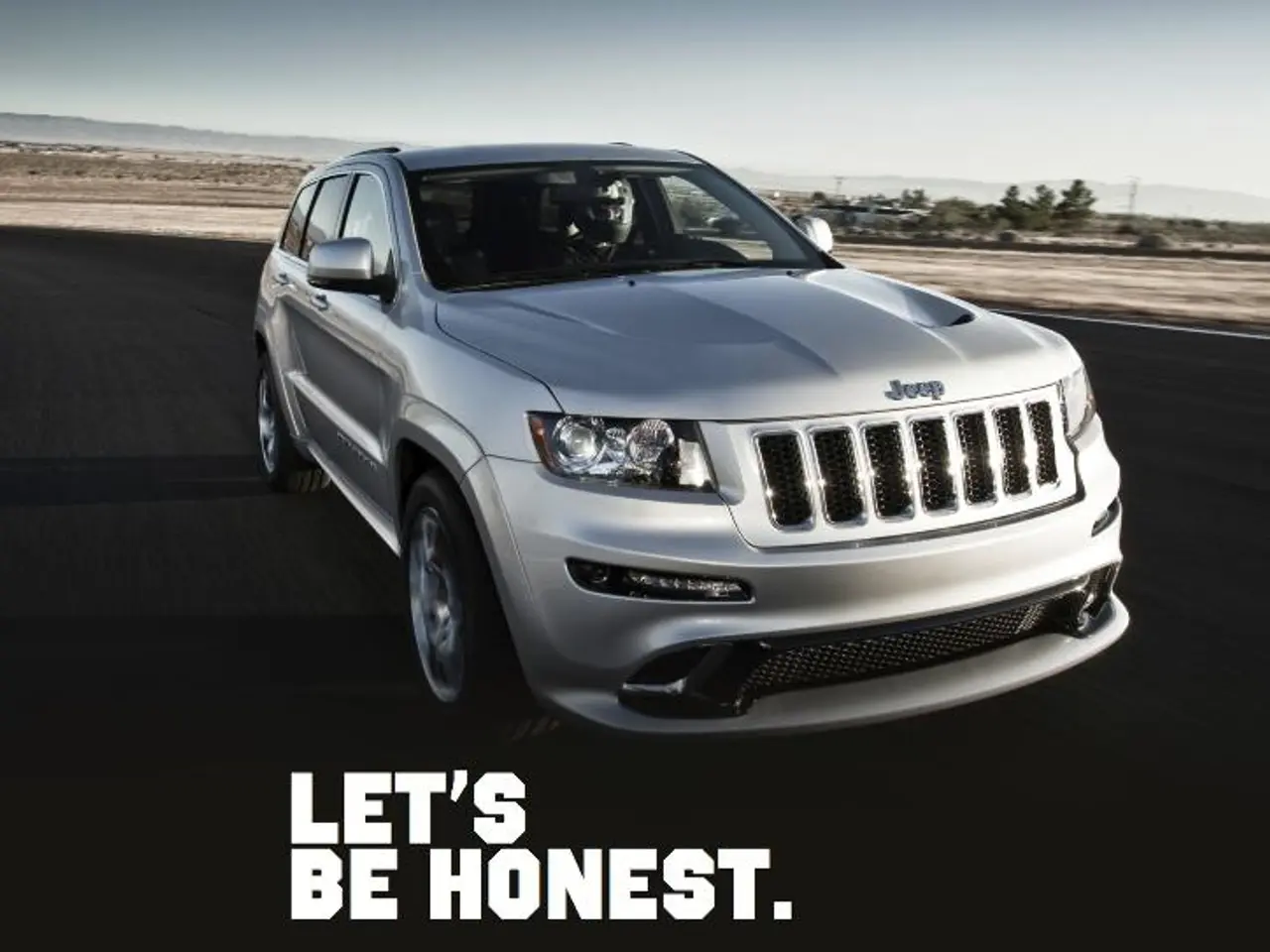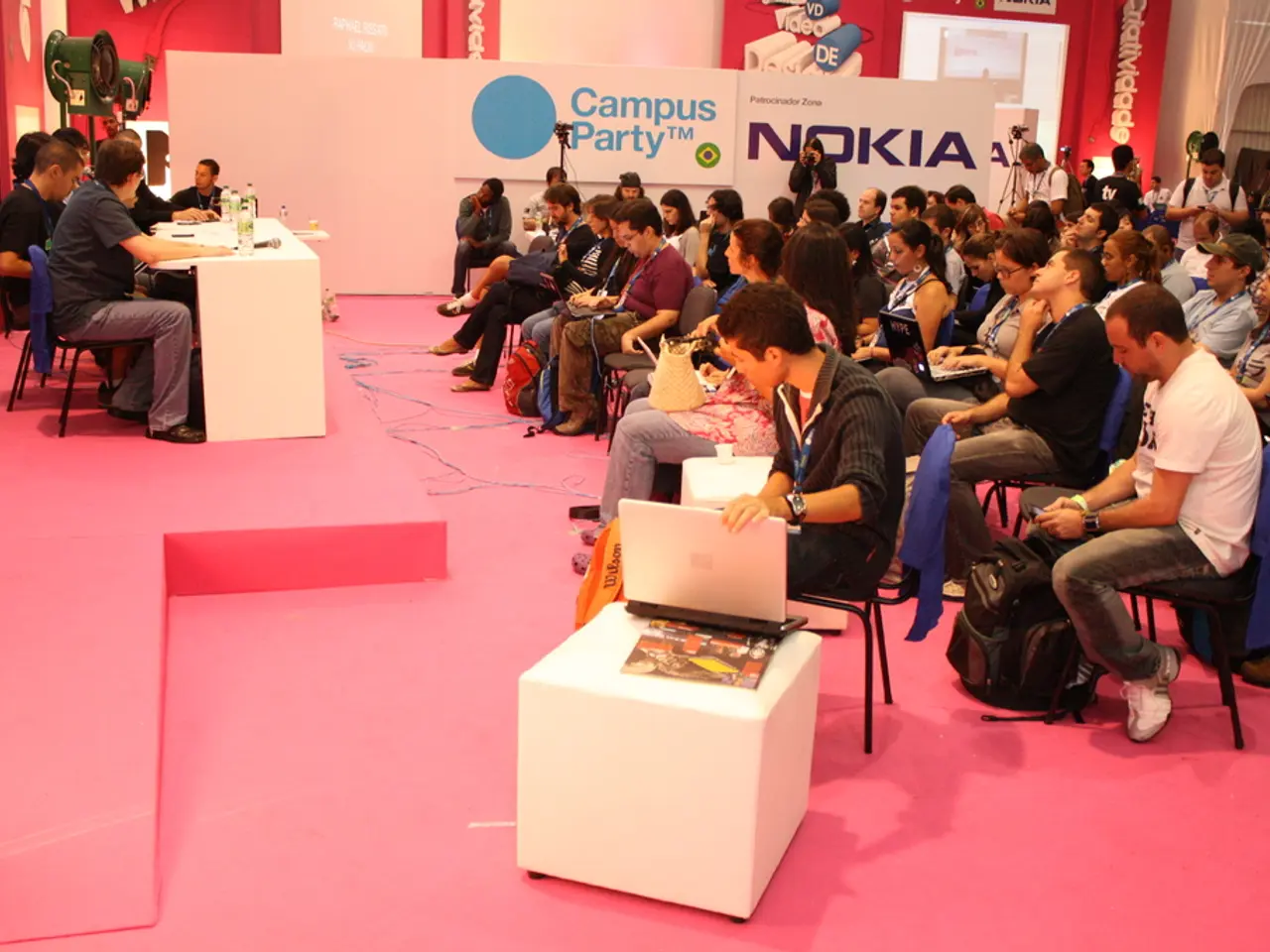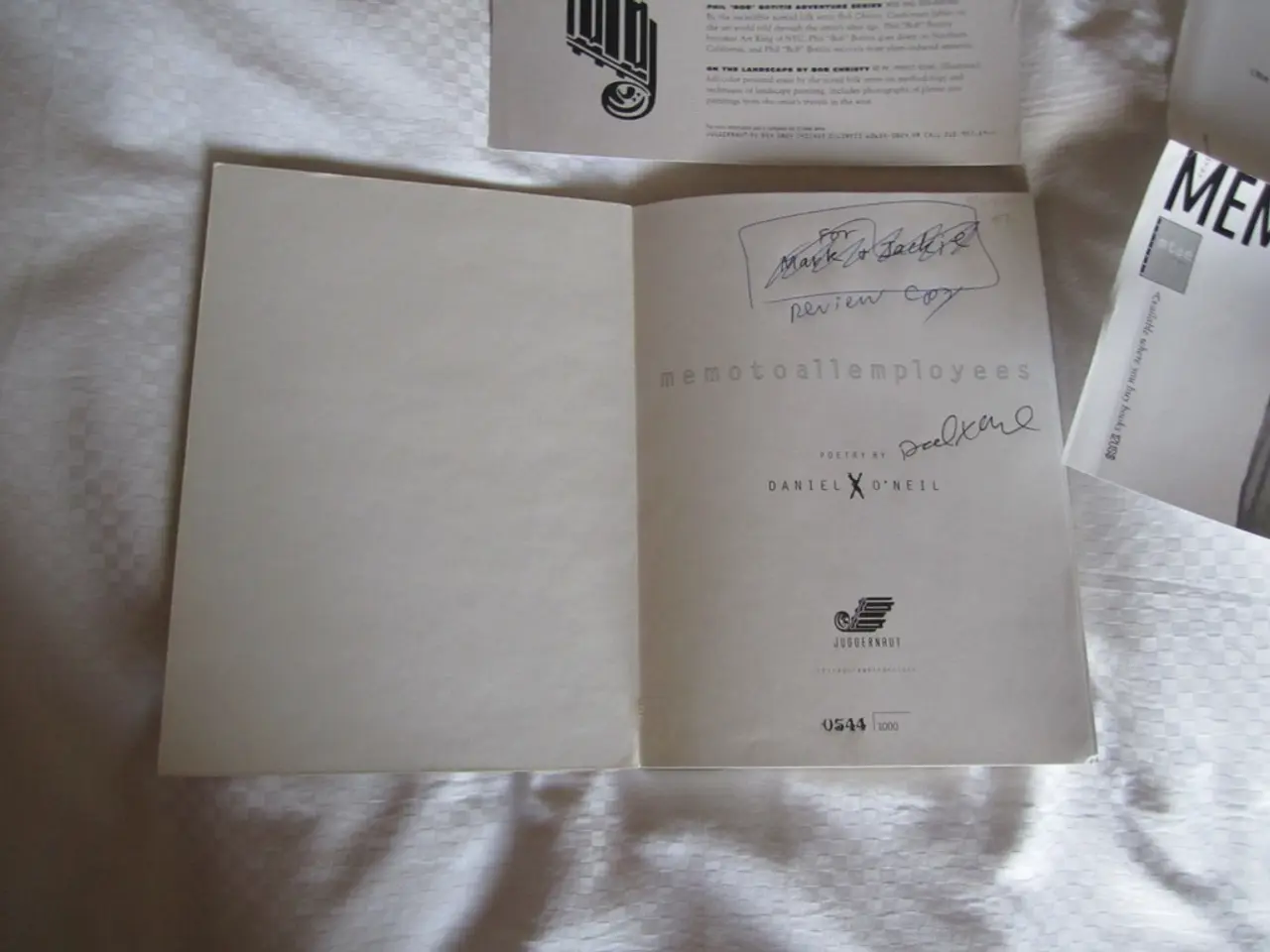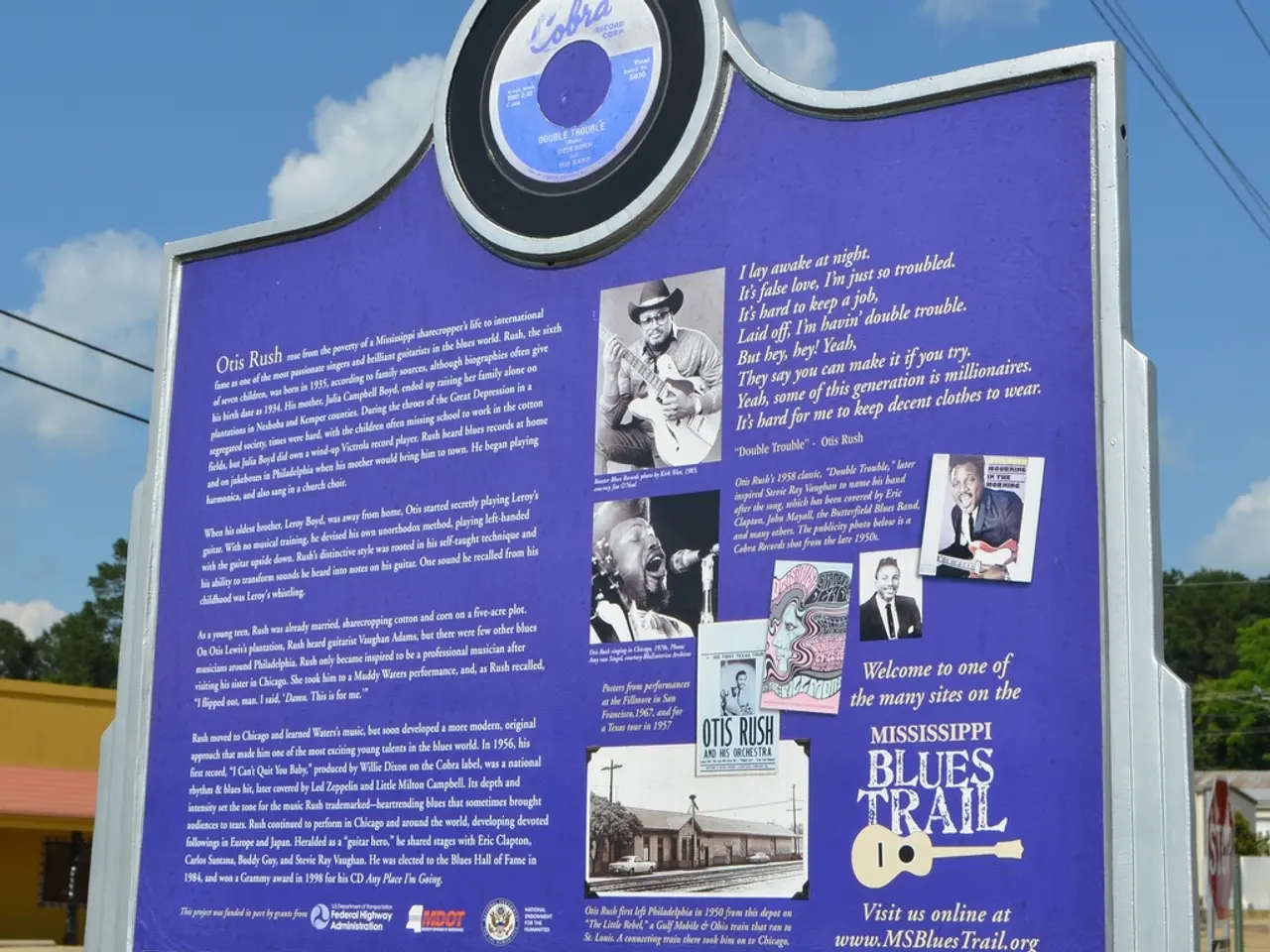Autonomous Vehicle Manufacturer, Tesla, Faced with Financial Compensation of $243 Million Due to Fatal Accident Involving Autopilot Feature
Tesla Faces Multimillion-Dollar Verdict and Increased Scrutiny Over Autopilot
In a landmark ruling, a Miami jury has determined that Tesla is partially responsible for a fatal crash involving its Autopilot driver-assist technology, ordering the company to pay over $200 million in damages to the victims' families[1]. The verdict, which includes compensatory damages of $43 million and a punitive award of $200 million, brings Tesla's total liability to $243 million[1].
The case revolves around George McGee, who was driving a Tesla Model 3 on a Florida road in 2019. McGee, who admitted to being distracted by his cell phone before the crash, blew through flashing lights, a stop sign, and a T-intersection at 62 miles an hour, colliding with a Chevrolet Tahoe[1]. The Tahoe spun around and launched Benavides, a passenger in the vehicle, 75 feet into nearby woods, resulting in her death. Angulo, the other passenger, sustained broken bones and a traumatic brain injury[1].
The jury held that Tesla's Autopilot technology failed and that not all the blame can be put on McGee[1]. Lawyers for the deceased's family have charged that Tesla either hid or lost key evidence, including data and video recorded seconds before the accident[1]. Tesla has said it will appeal the verdict[1].
The lead defense lawyer, Joel Smith, argued that Tesla provides warnings for drivers to keep their eyes on the road and hands on the wheel, and that McGee chose not to follow these instructions while looking for a dropped cell phone, adding to the danger by speeding[1]. However, Schreiber, a lawyer for the plaintiffs, argued that Tesla is at fault for allowing drivers to act recklessly by not disengaging Autopilot during signs of distraction and allowing its use on roads not designed for it[1].
The case has significant implications for the auto industry, as a finding of Tesla liability despite a driver's admission of reckless behavior could pose legal risks for all companies developing self-driving cars[1]. The verdict reflects a jury finding that Tesla's Autopilot failed to prevent the crash and that the company deceptively marketed the system as more reliable and comprehensive than it actually is[1].
Separately, Tesla is also facing shareholder lawsuits alleging the company misled investors about the safety and readiness of its Robotaxi service, citing videos showing unsafe behaviors such as wrong-lane driving, speeding, and abrupt braking[2][3]. These lawsuits claim Tesla and CEO Elon Musk overstated the effectiveness of their autonomous driving technology, which has also contributed to a significant drop in Tesla’s stock price and market capitalization[2][3][4].
The legal implications for Tesla are multifaceted: beyond direct liability risks and potential damages, Tesla must contend with growing scrutiny from regulators and investors about the safety, marketing, and transparency of its Autopilot and autonomous driving products. This situation raises existential questions about Tesla’s liability models, market trust, and regulatory adaptability as it pushes forward with advanced autonomous driving features and robotaxi deployments[1][3][4].
In summary, Tesla’s current legal implications include: - A precedent-setting multimillion-dollar verdict assigning partial liability for Autopilot-related crashes, opening the door for more litigation[1]. - Shareholder class action suits accusing the company of securities fraud by overstating the safety and readiness of Robotaxi technology[2][3]. - Increased regulatory scrutiny and public skepticism around its autonomous driving systems[1][4]. - Potential impact on Tesla’s market value and investor confidence as legal and regulatory risks mount[3][4].
Tesla's response involves appealing the verdict and continuing to develop its autonomous technologies, but the company faces a challenging landscape requiring transparency, compliance, and possibly revising how it markets and deploys driver-assist features[1][4]. The verdict in the Miami case may have a significant impact on Tesla's reputation for safety.
- The technology behind Tesla's Autopilot driver-assist system is under increased scrutiny, with a jury finding it partially responsible for a fatal accident caused by a distracted driver.
- The verdict could pose legal risks for all companies in the automotive industry that are developing self-driving cars, as a finding of liability despite a driver's admission of reckless behavior sets a significant precedent.
- Beyond the direct liability risks, Tesla's autonomous driving products are facing increased regulatory scrutiny and public skepticism, with concerns over safety, marketing, and transparency.
- In addition to dealing with legal implications, Tesla must contend with shareholder lawsuits alleging the company misled investors about the safety and readiness of its Robotaxi service, which could also have a significant impact on the company's market value and investor confidence.
- In response to the current legal and regulatory challenges, Tesla must prioritize transparency, compliance, and possibly revising how it markets and deploys driver-assist features, while continuing to develop its autonomous technologies.




